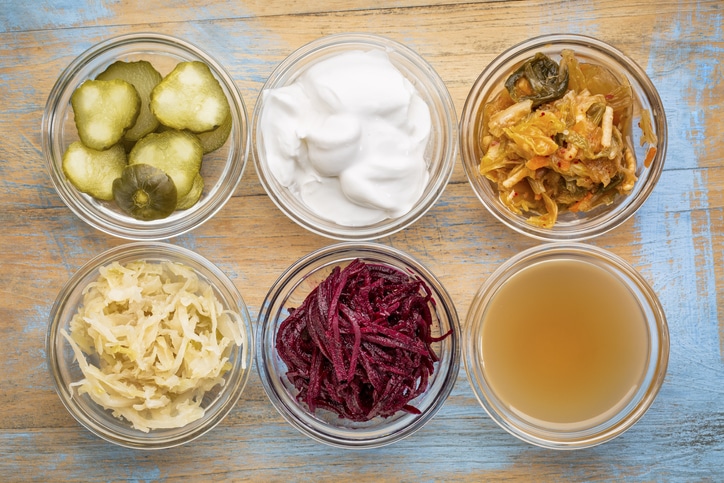
As the subject of nutrition and health continues to gain a mainstream following, many people today are likely to have heard of prebiotics and postbiotics. Both of these components have been praised for their role in promoting a healthy digestive system. Recently, postbiotics have emerged as another group of compounds linked to the health of the gut, immune system, and other functions of the body. These are the compounds that are produced when probiotic bacteria consume fiber.
While postbiotics are less widely known, research suggests that they play an equally important role in maintaining the overall health of the body. For students looking to expand their knowledge of basic nutrition, here’s a look at the role of postbiotics in supporting bodily health.
The Role of Postbiotics in the Gut
Postbiotics are bioactive compounds that are produced when the healthy bacteria in the gut feed on prebiotic food, such as fibers. Essentially, they are the waste products of probiotic bacteria. Prebiotics fuel the work of probiotics, and postbiotics are the end result of that work. Recently, however, research suggests that many of the effects we used to attribute to probiotics are actually due to postbiotics. In that way, postbiotics are an essential part of the symbiotic relationship between gut microorganisms.

Postbiotics play a key role in the digestive functions of the body
Examples of postbiotic substances include:
- Enzymes
- Short-chain fatty acids
- Peptides
- Cell wall fragments
- Components of dead bacteria
Students in nutrition and health programs will explore the fundamentals of nutrition and microbiology to understand the digestive functions of the body.
Sources of Postbiotics: An Overview for Those in a Nutrition Diploma Program
While probiotic supplements are a common dietary supplement found in nutrition and health stores, postbiotic supplements are less widely available. Since postbiotics are the result of probiotic fermentation, consuming more probiotic foods is the easiest way to increase the number of postbiotics in the body. Foods that can help increase the concentration of postbiotics in the gut include:
- Yoghurt
- Sauerkraut
- Kefir
- Soft cheeses
- Tempeh
- Kimchi
Essentially, non cultured dairy foods and food that has been fermented by live bacteria contain postbiotics. Professionals with a diploma in nutrition may also recommend some individuals to take a postbiotic supplement if they are lacking sufficient amounts in their diet.

Those in nutrition and health programs should know that postbiotics can be obtained from fermented dairy products
The Benefits of Postbiotics
While research is relatively new, postbiotics have already been linked to numerous health benefits in the body. First and foremost, postbiotics have been shown to support a healthy digestive system and to help balance the microbiome in the gut. Specifically, probiotics such as short-chain fatty acids may alleviate symptoms for people with different types of inflammatory bowel disease (IBD), including ulcerative colitis and Chron’s disease. Additionally, postbiotics can be effective in preventing and treating diarrhea.

Postbiotics can help to alleviate inflammation in the gut
Beyond the digestive system, postbiotics have properties that may help to boost the immune system and prevent type 2 diabetes. An imbalance of intestinal microbes has been linked to obesity and insulin resistance. To counteract this, some postbiotic bacterial components have been thought to increase insulin sensitivity and relieve glucose intolerance. By understanding the interplay of microorganisms in the body’s systems, graduates will be ready to pursue careers in healthcare facilities, natural health stores, and wellness coaching.
Looking to enroll in a nutrition diploma program?
Start your training with the Academy of Applied Pharmaceutical Sciences today!



